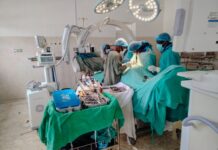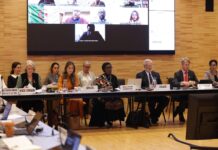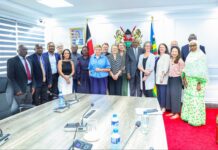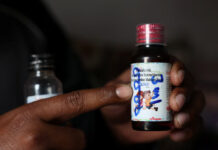Written By Joyce Nzomo
Today marks World Sickle Cell Awareness Day, a global effort to shine a light on sickle cell disease, a life-altering genetic blood disorder that affects millions worldwide, particularly in sub-Saharan Africa.
Sickle cell disease results from a mutation in the gene responsible for producing hemoglobin, the oxygen-carrying protein in red blood cells.
The mutation causes red blood cells to become rigid and crescent-shaped, leading to blocked blood vessels, intense pain, chronic anemia, and organ damage.
The disease is inherited, with a 25% chance of occurrence when both parents carry the sickle cell trait (AS). Children born with the sickle cell condition (SS) often face lifelong health challenges, including frequent hospitalizations and reduced life expectancy without proper care.
According to the World Health Organization, approximately 5% of the global population carries trait genes for hemoglobin disorders, mainly sickle cell disease and thalassaemia.
An estimated 300,000 babies with severe hemoglobin disorders are born annually, highlighting an urgent need for increased awareness, screening, and health interventions.
Health experts are calling for improved access to early diagnosis, genetic counseling, and comprehensive care; particularly in Africa, where the disease burden remains highest but resources remain scarce.
In Kenya, thousands of families silently battle the condition amid limited treatment options and social stigma.
On this day, the global community joins hands to stand in solidarity with sickle cell warriors, celebrate their resilience, and advocate for increased funding and policies to support prevention, treatment, and research.
Stakeholders stress that with the right care, including newborn screening, prophylactic medications, and access to specialist care, individuals living with sickle cell can live longer, healthier lives.



















